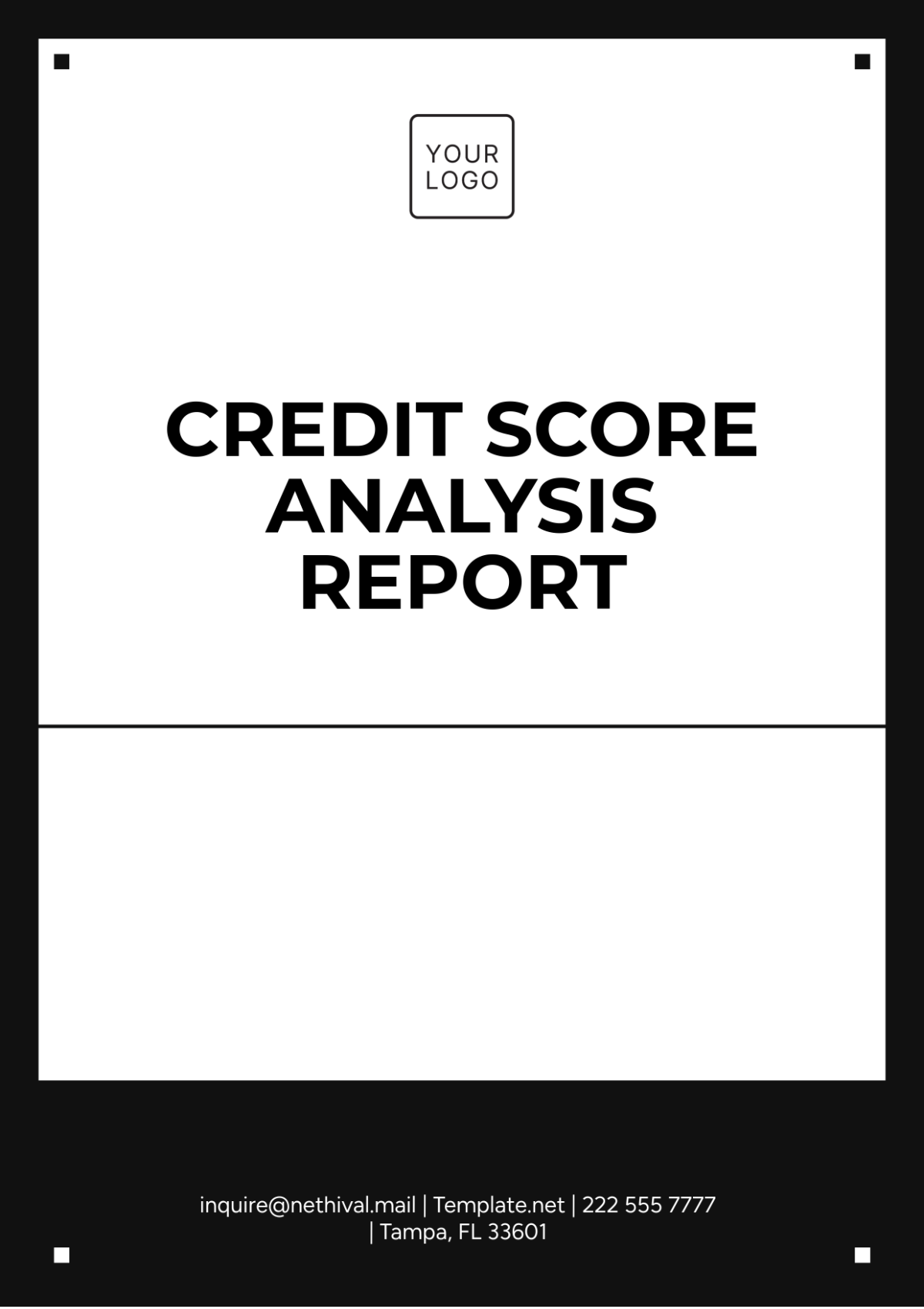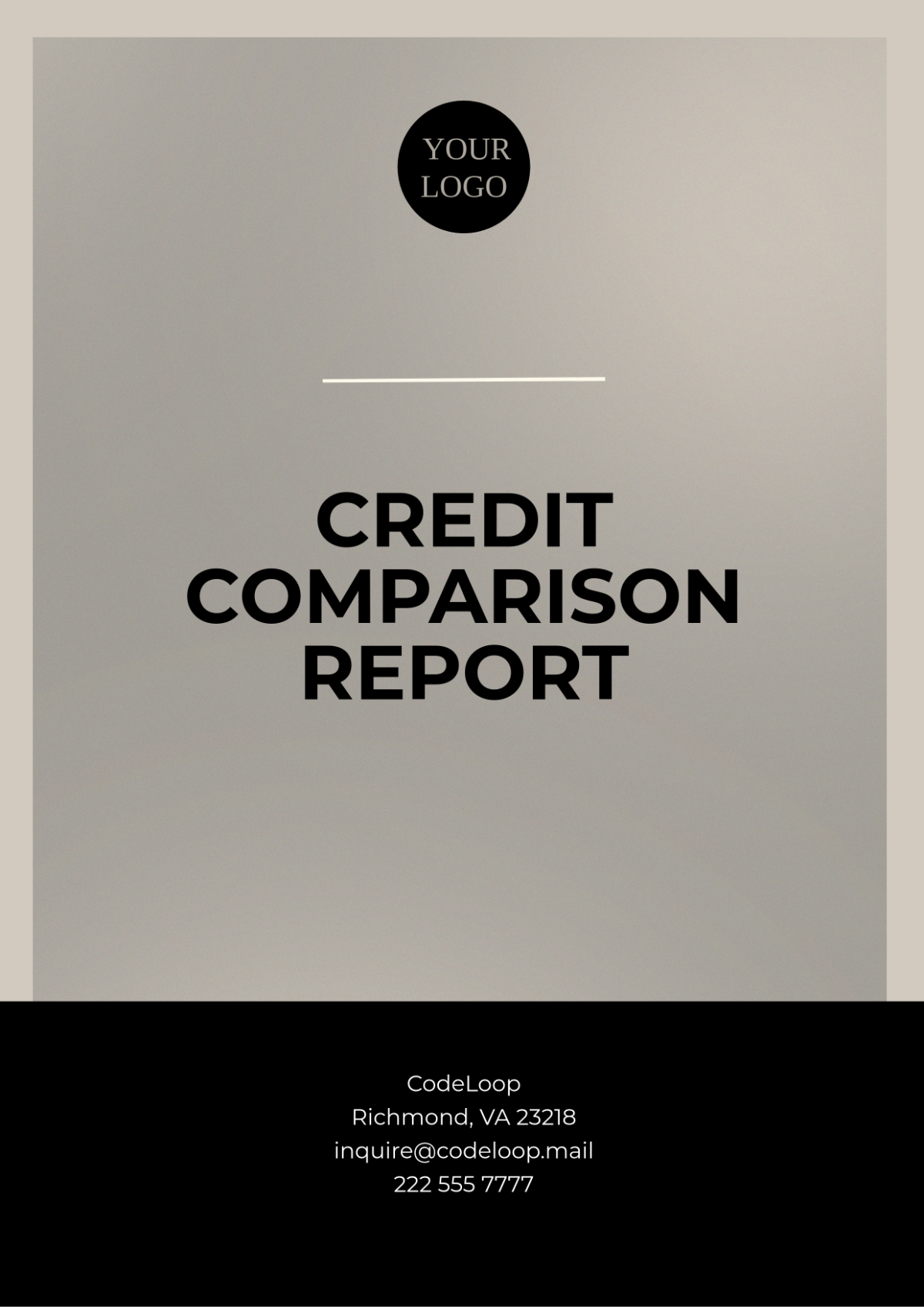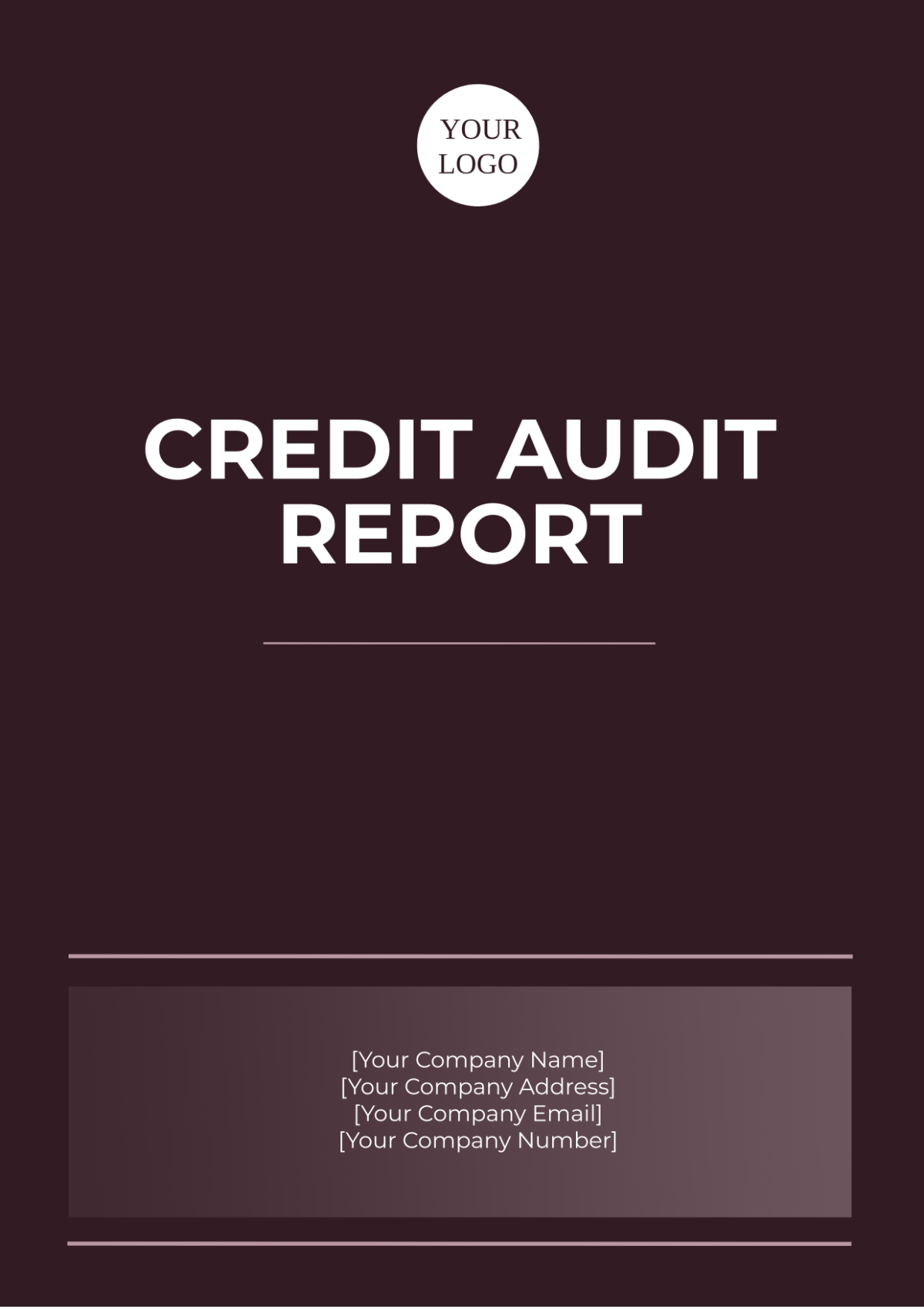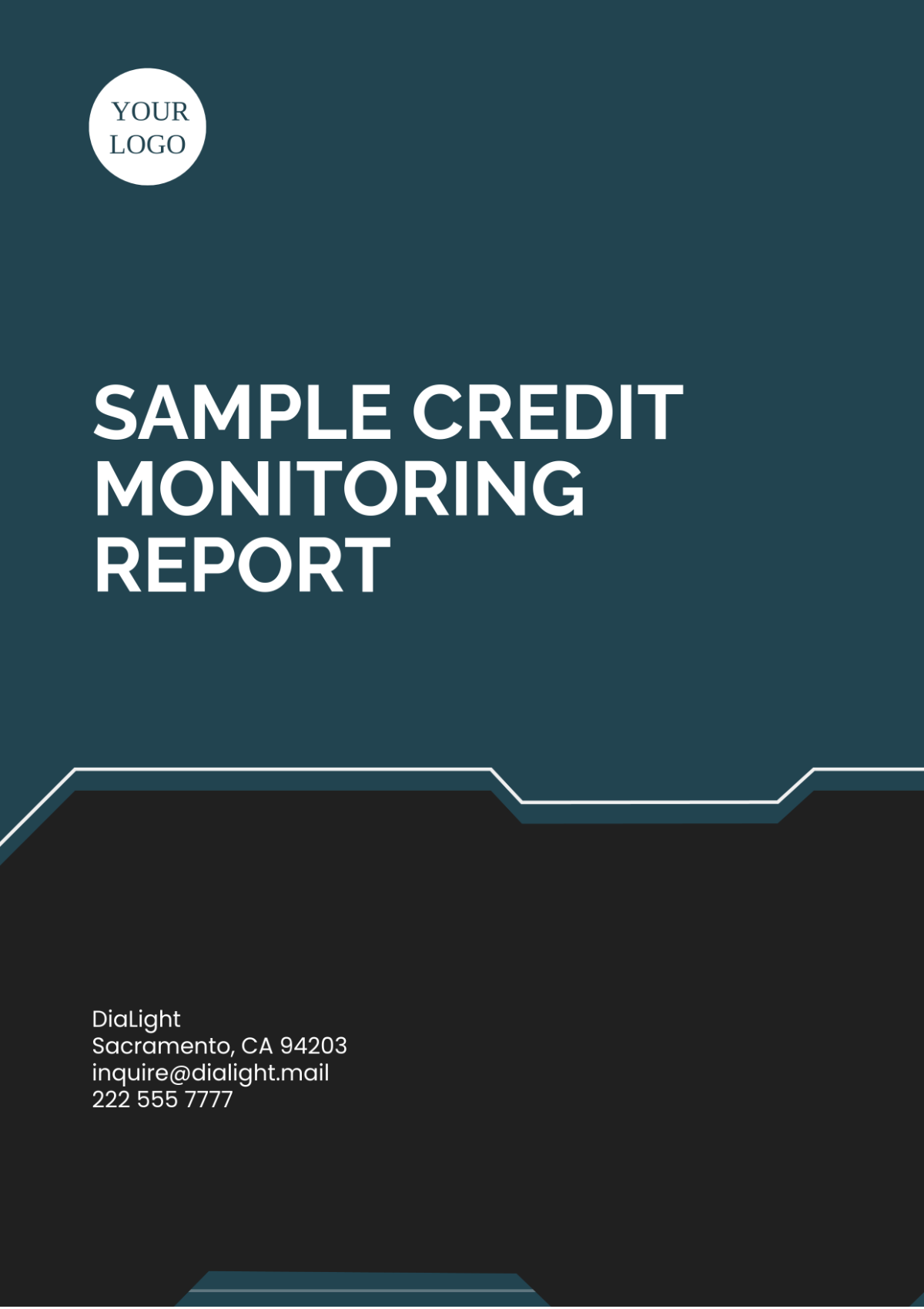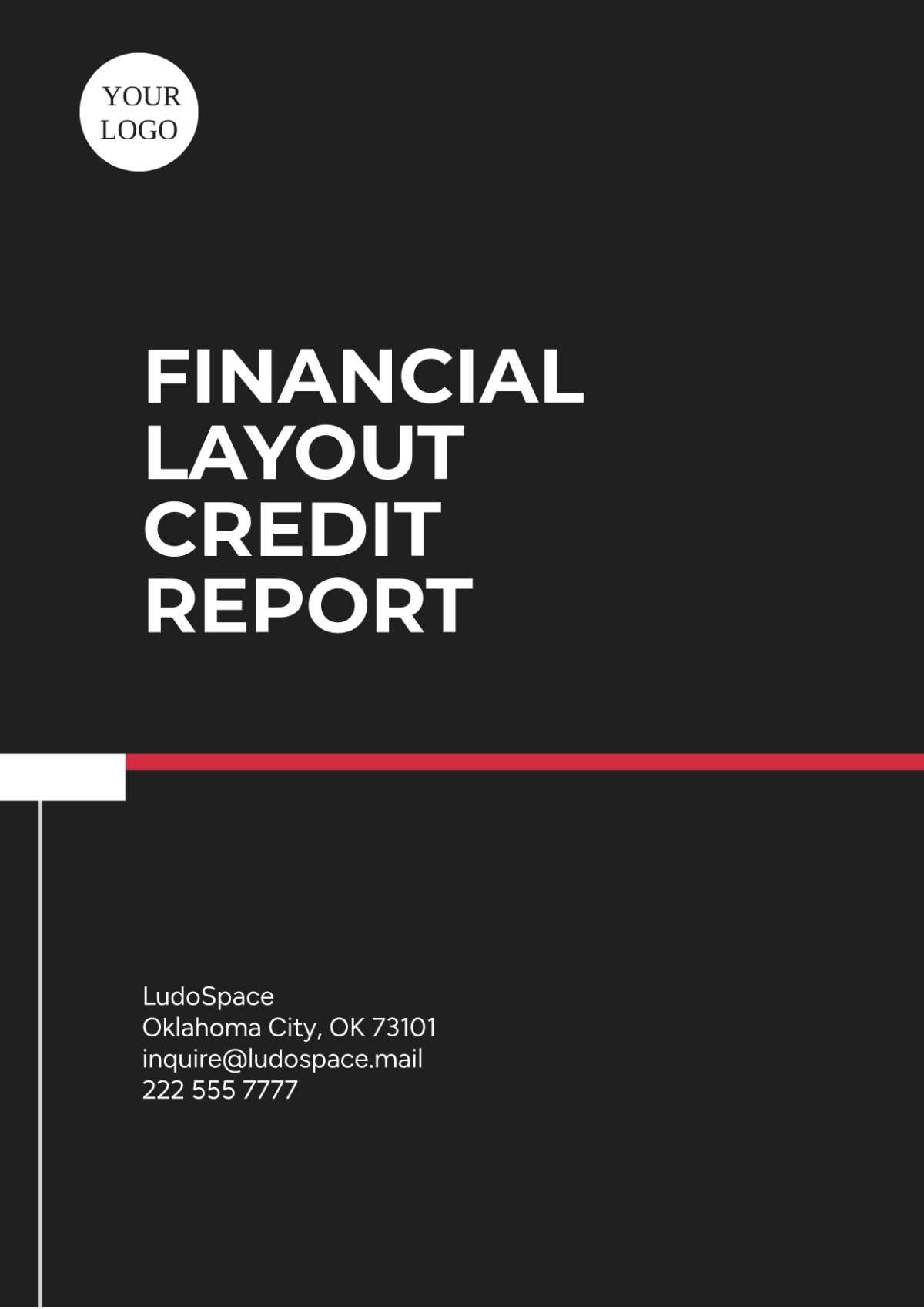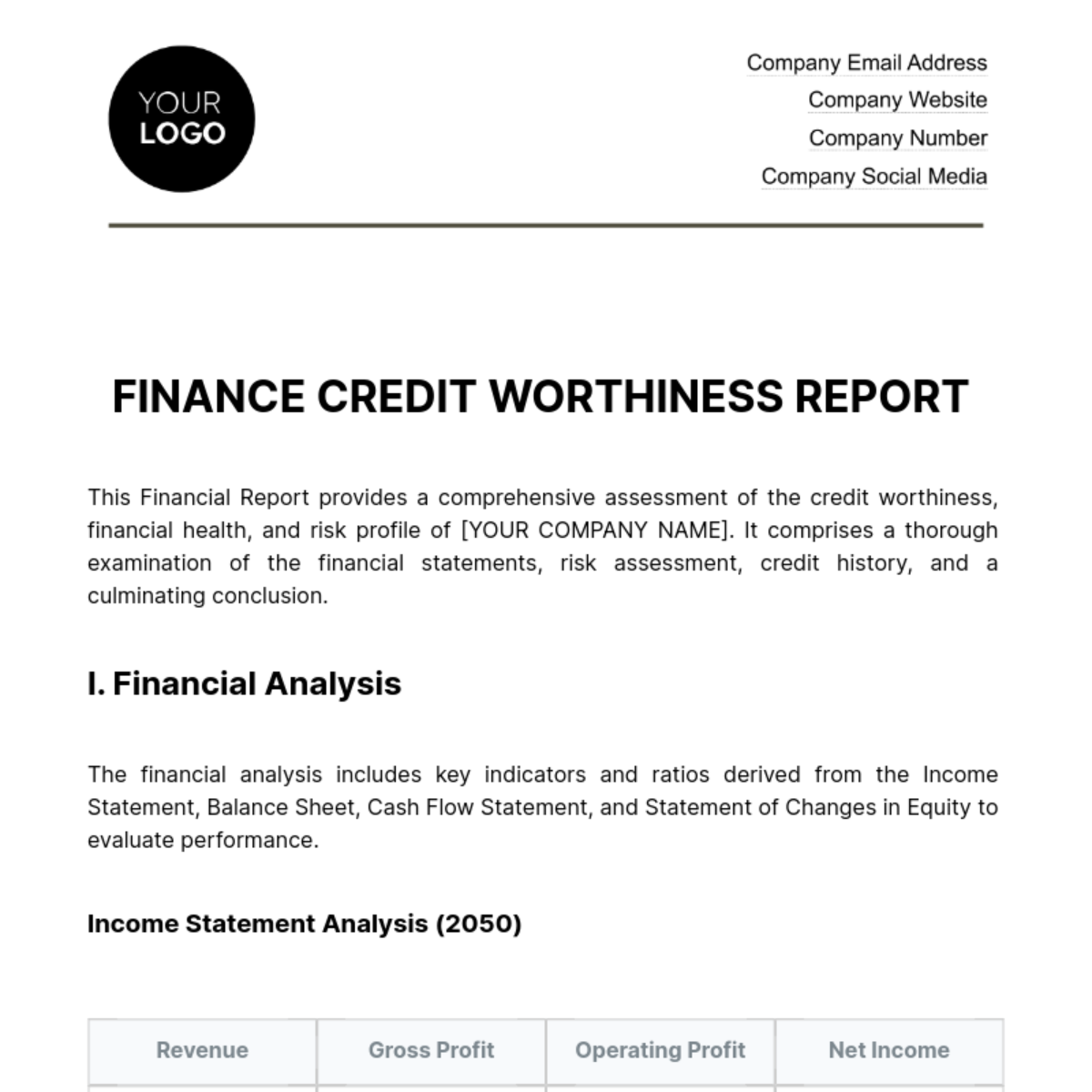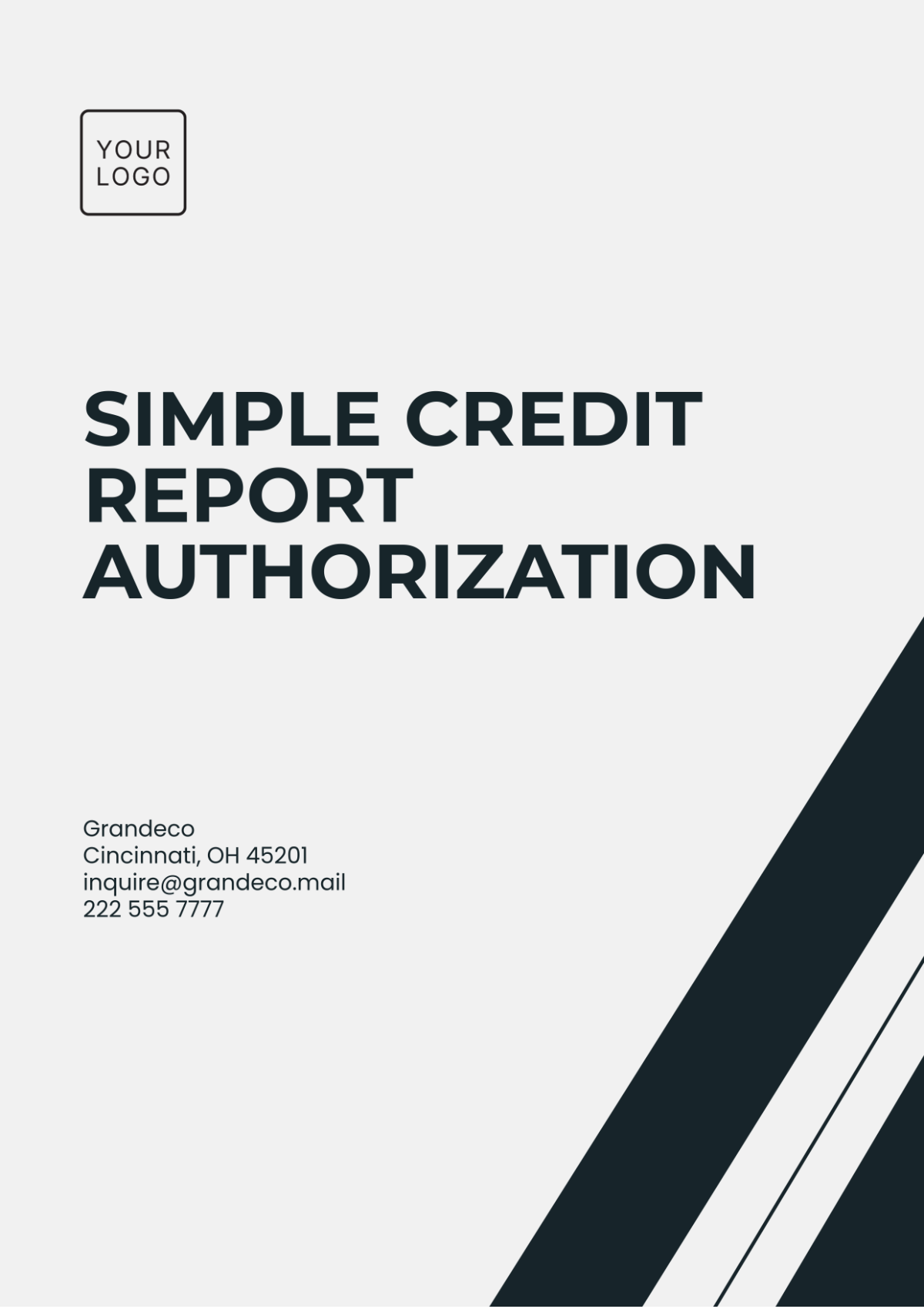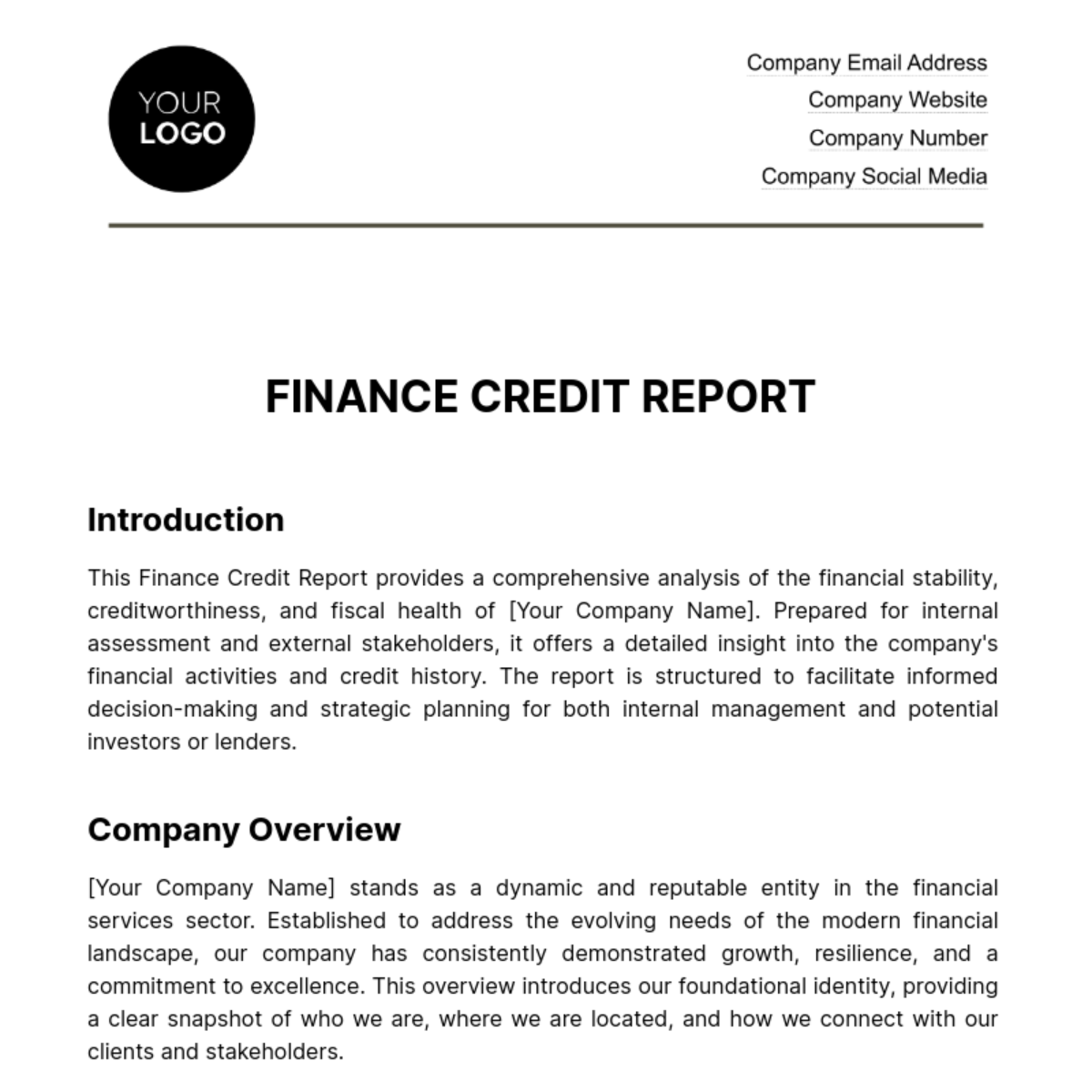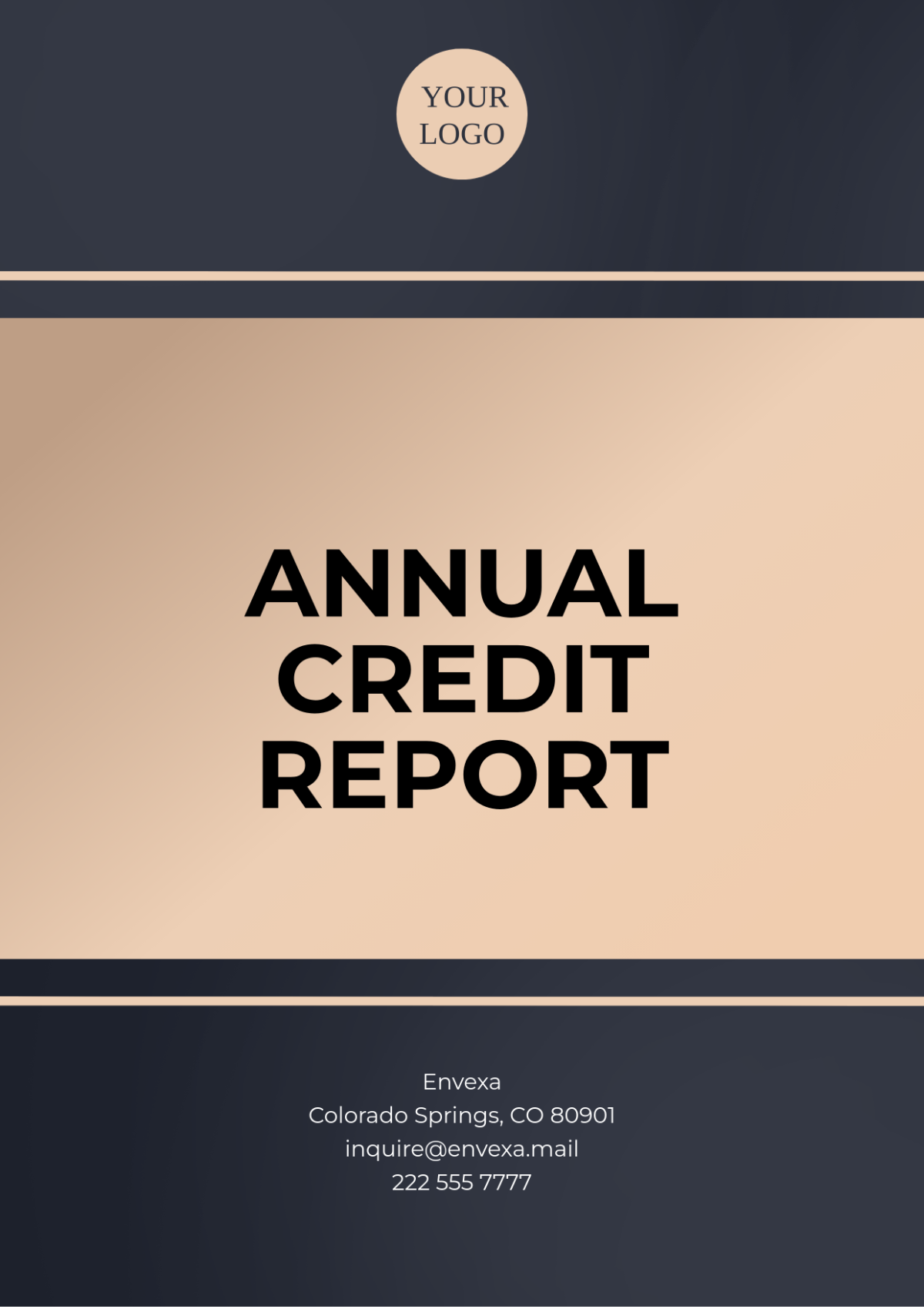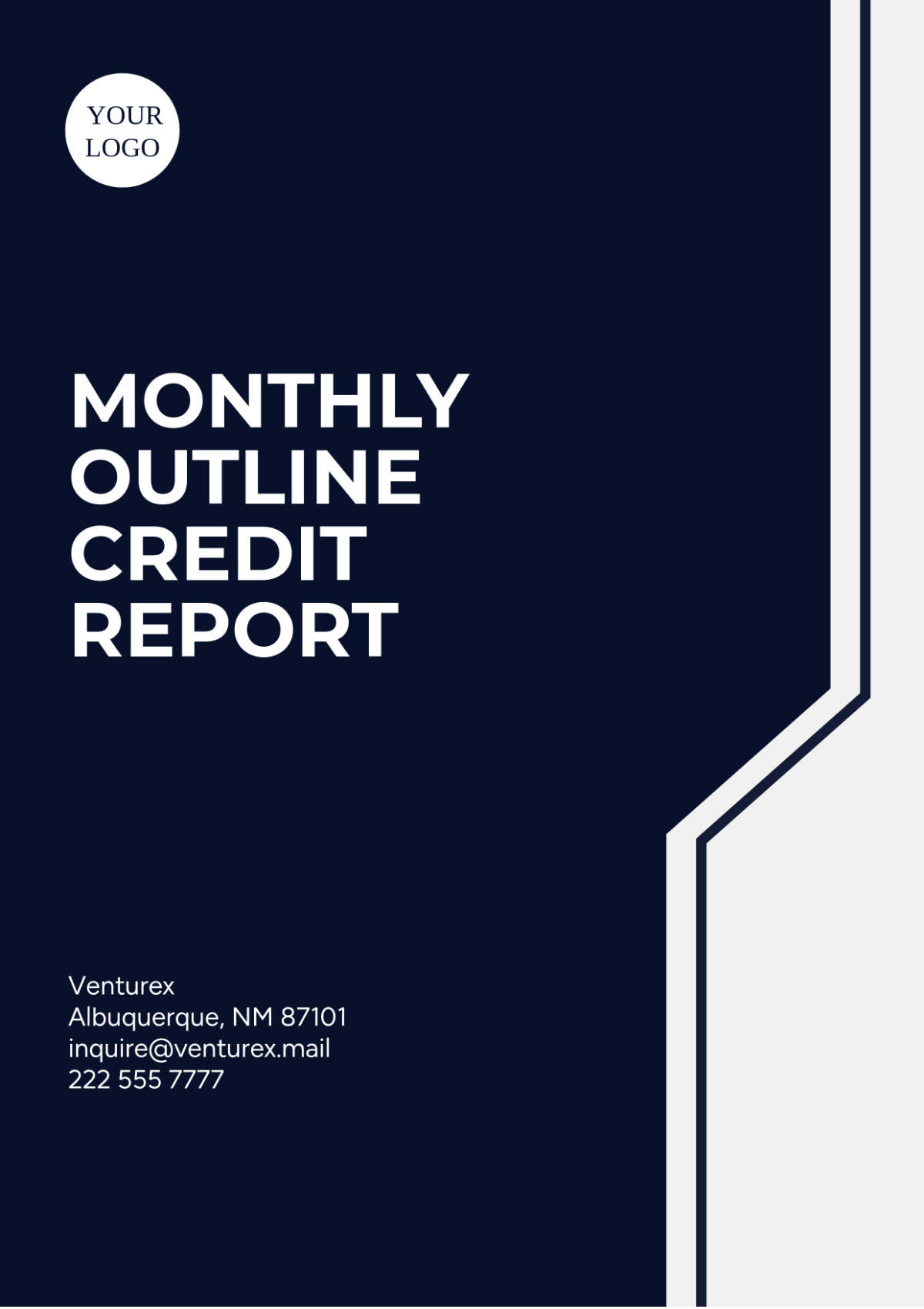Free Blank Credit Report Dispute
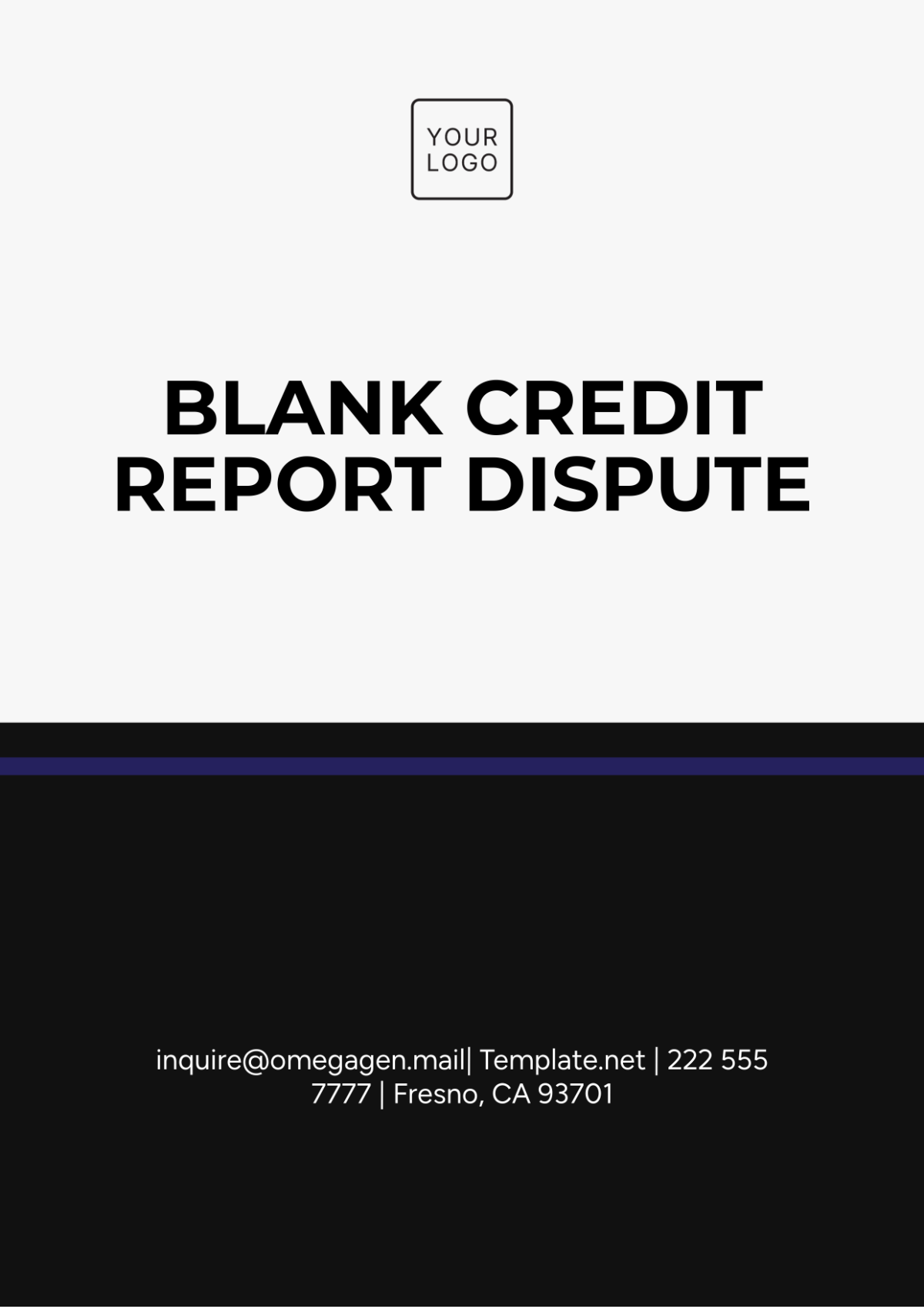
- 100% Customizable, free editor
- Access 1 Million+ Templates, photo’s & graphics
- Download or share as a template
- Click and replace photos, graphics, text, backgrounds
- Resize, crop, AI write & more
- Access advanced editor
You may also like
- Sales Report
- Daily Report
- Project Report
- Business Report
- Weekly Report
- Incident Report
- Annual Report
- Report Layout
- Report Design
- Progress Report
- Marketing Report
- Company Report
- Monthly Report
- Audit Report
- Status Report
- School Report
- Reports Hr
- Management Report
- Project Status Report
- Handover Report
- Health And Safety Report
- Restaurant Report
- Construction Report
- Research Report
- Evaluation Report
- Investigation Report
- Employee Report
- Advertising Report
- Weekly Status Report
- Project Management Report
- Finance Report
- Service Report
- Technical Report
- Meeting Report
- Quarterly Report
- Inspection Report
- Medical Report
- Test Report
- Summary Report
- Inventory Report
- Valuation Report
- Operations Report
- Payroll Report
- Training Report
- Job Report
- Case Report
- Performance Report
- Board Report
- Internal Audit Report
- Student Report
- Monthly Management Report
- Small Business Report
- Accident Report
- Call Center Report
- Activity Report
- IT and Software Report
- Internship Report
- Visit Report
- Product Report
- Book Report
- Property Report
- Recruitment Report
- University Report
- Event Report
- SEO Report
- Conference Report
- Narrative Report
- Nursing Home Report
- Preschool Report
- Call Report
- Customer Report
- Employee Incident Report
- Accomplishment Report
- Social Media Report
- Work From Home Report
- Security Report
- Damage Report
- Quality Report
- Internal Report
- Nurse Report
- Real Estate Report
- Hotel Report
- Equipment Report
- Credit Report
- Field Report
- Non Profit Report
- Maintenance Report
- News Report
- Survey Report
- Executive Report
- Law Firm Report
- Advertising Agency Report
- Interior Design Report
- Travel Agency Report
- Stock Report
- Salon Report
- Bug Report
- Workplace Report
- Action Report
- Investor Report
- Cleaning Services Report
- Consulting Report
- Freelancer Report
- Site Visit Report
- Trip Report
- Classroom Observation Report
- Vehicle Report
- Final Report
- Software Report
Blank Credit Report Dispute
This report explores the process and strategies involved in disputing blank entries on a credit report. Credit reports play a crucial role in financial assessments, and ensuring their accuracy is essential for maintaining a fair credit score. Disputing misleading or missing information promptly can rectify inaccuracies that might otherwise impact one's financial opportunities negatively.
I. Understanding Blank Credit Report Entries
1. Definition and Causes
Blank entries on a credit report refer to omitted or incomplete information. These can arise due to reporting errors, data omission by the credit issuer, or clerical missteps. Identifying such entries is the first step toward ensuring that the credit report reflects true financial activity.
2. Impact on Credit Health
Blank entries may not directly damage a credit score; however, they represent a lack of crucial financial data that might otherwise benefit or balance the report. The absence of a positive credit history or omitted debt accounts can skew the perception of the individual's creditworthiness.
II. Initiating a Dispute
1. Gathering Necessary Information
Before initiating a dispute, compile all relevant financial documents and previous correspondences. Having a comprehensive set of documentation aids in building a case for correcting the blank entry.
Credit Report Copies
Account Statements
Prior Communications with Creditors
2. Contacting Credit Bureaus
Sending a detailed dispute letter to the credit bureau is crucial. The letter should clearly outline the discrepancies and include supporting evidence. Credit bureaus typically have online systems for submitting disputes, but written correspondence may be more effective in certain situations.
Credit Bureau | Contact Method | Average Resolution Time |
|---|---|---|
Equifax | Online, Mail | 30 Days |
Experian | Online, Mail | 30 Days |
TransUnion | Online, Mail | 30 Days |
III. Following Up on the Dispute
1. Monitoring Progress
Closely monitor the status of the dispute by checking credit reports regularly. Respond promptly to any additional requests for information from the credit bureau or the creditor involved.
2. Finalizing the Dispute
Once the investigation concludes, review the updated credit report to confirm that changes were made appropriately. If the blank entry persists, further action might be required, including escalations to the Consumer Financial Protection Bureau (CFPB) or legal counsel.
IV. Conclusion
In conclusion, blank entries on credit reports should not be overlooked. Proactive measures to dispute and correct these errors safeguard credit health, ensuring that fair financial assessments can be made by lenders and other financial institutions.
Prepared by:
[YOUR NAME]
[YOUR COMPANY NAME]
[DATE]

